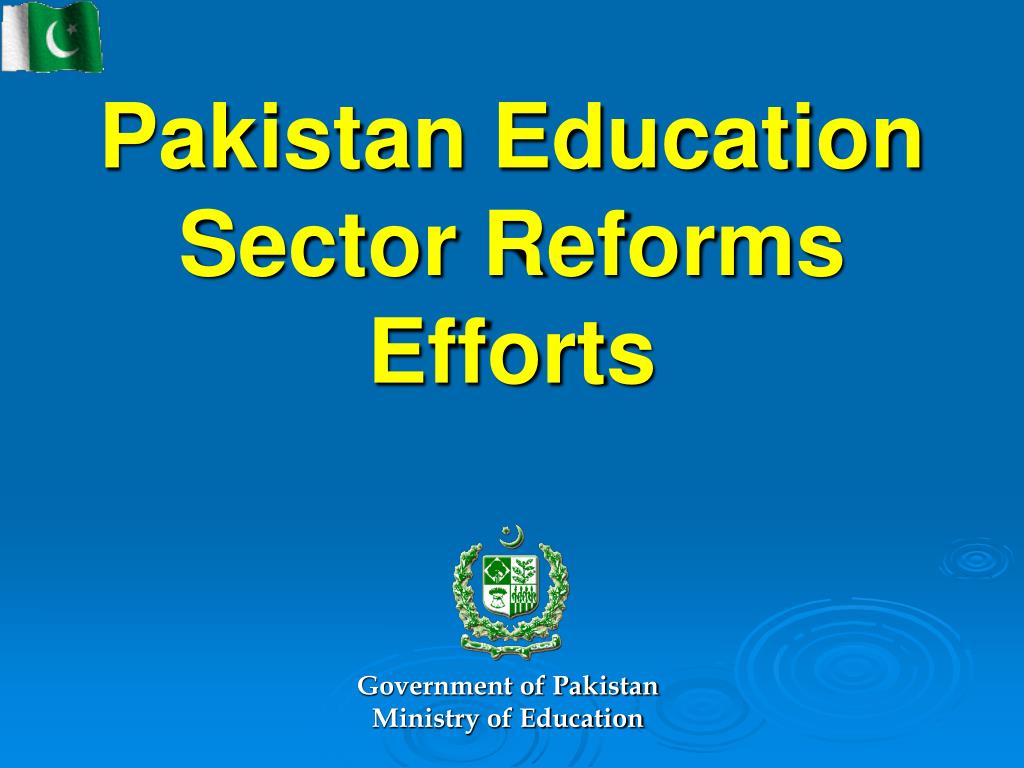The Role of Government in Education Reform in Pakistan
- February 4, 2026
Education reform is a critical issue for developing countries, and Pakistan is no exception. The government plays a pivotal role in shaping the educational landscape, from policy-making to implementation. In this blog, we will explore the various ways the Pakistani government is involved in education reform and the impact of these efforts on the nation’s educational outcomes.
Historical Context
To understand the current state of education reform in Pakistan, it is important to look at the historical context. Since gaining independence in 1947, Pakistan has faced numerous challenges in establishing a robust education system. These challenges include limited resources, political instability, and socio-economic disparities. Over the years, various governments have attempted to address these issues through different policies and initiatives.
Government Policies and Initiatives
- National Education Policy: The National Education Policy (NEP) is a comprehensive framework that outlines the government's vision for education in Pakistan. The NEP addresses key areas such as curriculum development, teacher training, and infrastructure improvement. The policy aims to provide equitable access to quality education for all children, regardless of their socio-economic background.
- Public-Private Partnerships: The government has recognized the importance of involving the private sector in education reform. Public-Private Partnerships (PPPs) have been established to leverage the resources and expertise of private organizations. These partnerships aim to improve the quality of education in public schools and increase access to education in underserved areas.
- Provincial Autonomy: With the 18th Amendment to the Constitution of Pakistan in 2010, education was devolved to the provincial governments. This move was intended to allow for more localized and context-specific education policies. Provinces now have greater autonomy to develop and implement their own education strategies, leading to more tailored and effective reforms.
Key Areas of Focus
- Curriculum and Assessment: The government has undertaken significant efforts to modernize the curriculum and assessment systems. The aim is to make education more relevant to the needs of the 21st century, emphasizing critical thinking, creativity, and problem-solving skills. Standardized testing has also been reformed to better assess student learning outcomes.
- Teacher Training and Development: Recognizing that teachers are the backbone of the education system, the government has prioritized teacher training and professional development. Initiatives such as the National Professional Standards for Teachers and continuous professional development programs have been introduced to enhance the quality of teaching.
- Infrastructure Improvement: Ensuring that schools have adequate infrastructure is a key priority for the government. Investments have been made in building new schools, upgrading existing facilities, and providing essential resources such as textbooks, laboratories, and libraries. These efforts aim to create a conducive learning environment for students.
Challenges and Opportunities
While significant progress has been made, several challenges remain. These include:
- Funding Constraints: Limited financial resources continue to be a major obstacle to implementing comprehensive education reforms.
- Political Instability: Frequent changes in government and political instability can disrupt the continuity and effectiveness of education policies.
- Socio-Economic Disparities: Addressing the deep-rooted socio-economic disparities that affect access to education remains a significant challenge.
Despite these challenges, there are also opportunities for further improvement. The increasing use of technology in education, for example, presents a chance to enhance teaching and learning processes. Additionally, greater collaboration between government, private sector, and civil society can lead to more innovative and sustainable solutions.
The role of the government in education reform in Pakistan is crucial. Through various policies and initiatives, the government is working to create a more equitable and effective education system. While challenges persist, the ongoing efforts and commitment to reform hold promise for the future of education in Pakistan. Continued focus on key areas such as curriculum development, teacher training, and infrastructure improvement, coupled with increased collaboration and innovative approaches, will be essential in achieving lasting and meaningful change.
For further reading, you can explore the following Blogs:


